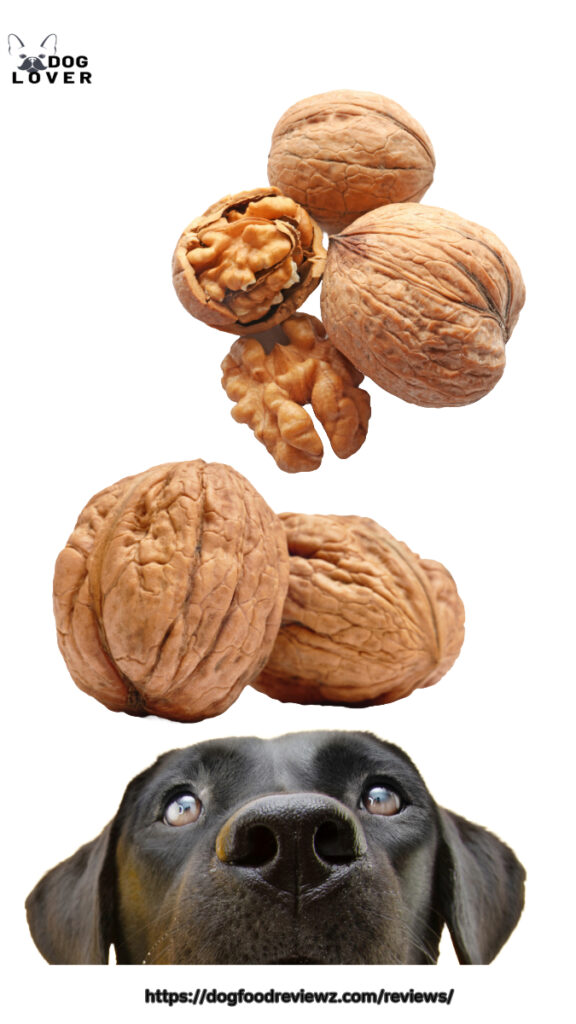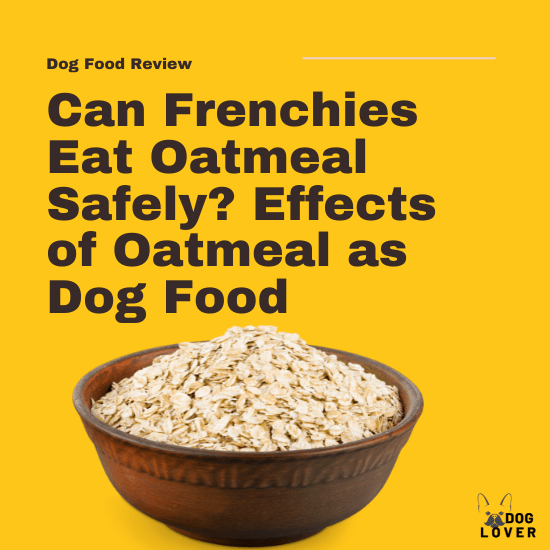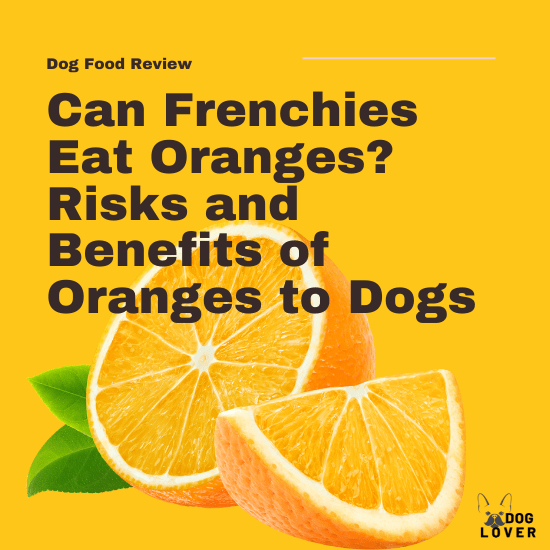Dogs should not eat walnuts due to several serious health risks.
Here’s what you need to know about walnuts and dogs:

Why Walnuts Are Dangerous for Dogs
- Toxic Substances: Walnuts contain juglone, a toxic compound that can cause seizures and convulsions in dogs. This substance comes from walnut tree roots and attaches to fallen nuts.
- Mold Risk: Walnuts are prone to black mold growth due to high moisture content. This mold produces mycotoxins that can be either tremorgenic or carcinogenic, potentially causing cancer, seizures, or convulsions.
- Physical Risks: Walnuts pose choking hazards and can cause intestinal blockage or perforation, especially in small dogs.
Different Forms of Walnuts
Candied Walnuts: Especially dangerous because they combine:
- Natural walnut toxicity
- High sugar content leading to diabetes and obesity risks
- Sugar-free versions often contain xylitol, which is toxic to dogs
Roasted Walnuts:
- Roasting doesn’t remove toxicity
- Still contain harmful mycotoxins
- Remain high in fats that can cause pancreatitis
Raw Walnuts:
- Most dangerous form due to highest mold risk
- Can cause severe neurological complications
- High fat content can lead to gastroenteritis
Ground Walnuts:
- While reducing choking risk, grinding doesn’t eliminate toxicity
- Still causes gastrointestinal issues
- Can lead to pancreatitis and obesity
Safe Alternatives for Dogs
Instead of walnuts, consider these healthy options:
Peanut Butter:
- Use plain, unsweetened varieties
- Rich in protein and healthy fats
- Contains beneficial vitamins and minerals
- Feed in moderation due to high calories
Safe Nuts:
Symptoms of Walnut Poisoning in Dogs
If your dog consumes walnuts, watch for:
- Seizures
- Loss of appetite
- Tremors
- Incoordination
- Dehydration
- Liver damage
- Weakness
- Hyperthermia
Conclusion
While walnuts do contain some beneficial nutrients, the risks far outweigh any potential benefits for dogs. It’s best to keep all forms of walnuts away from your dog and choose safer alternatives for treats.
If your dog accidentally consumes walnuts, monitor them closely for signs of poisoning and contact your veterinarian if symptoms occur.


